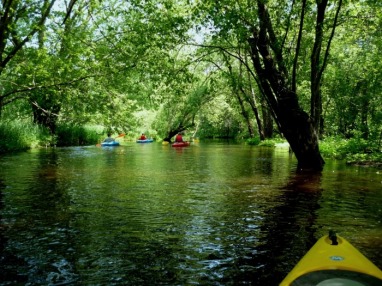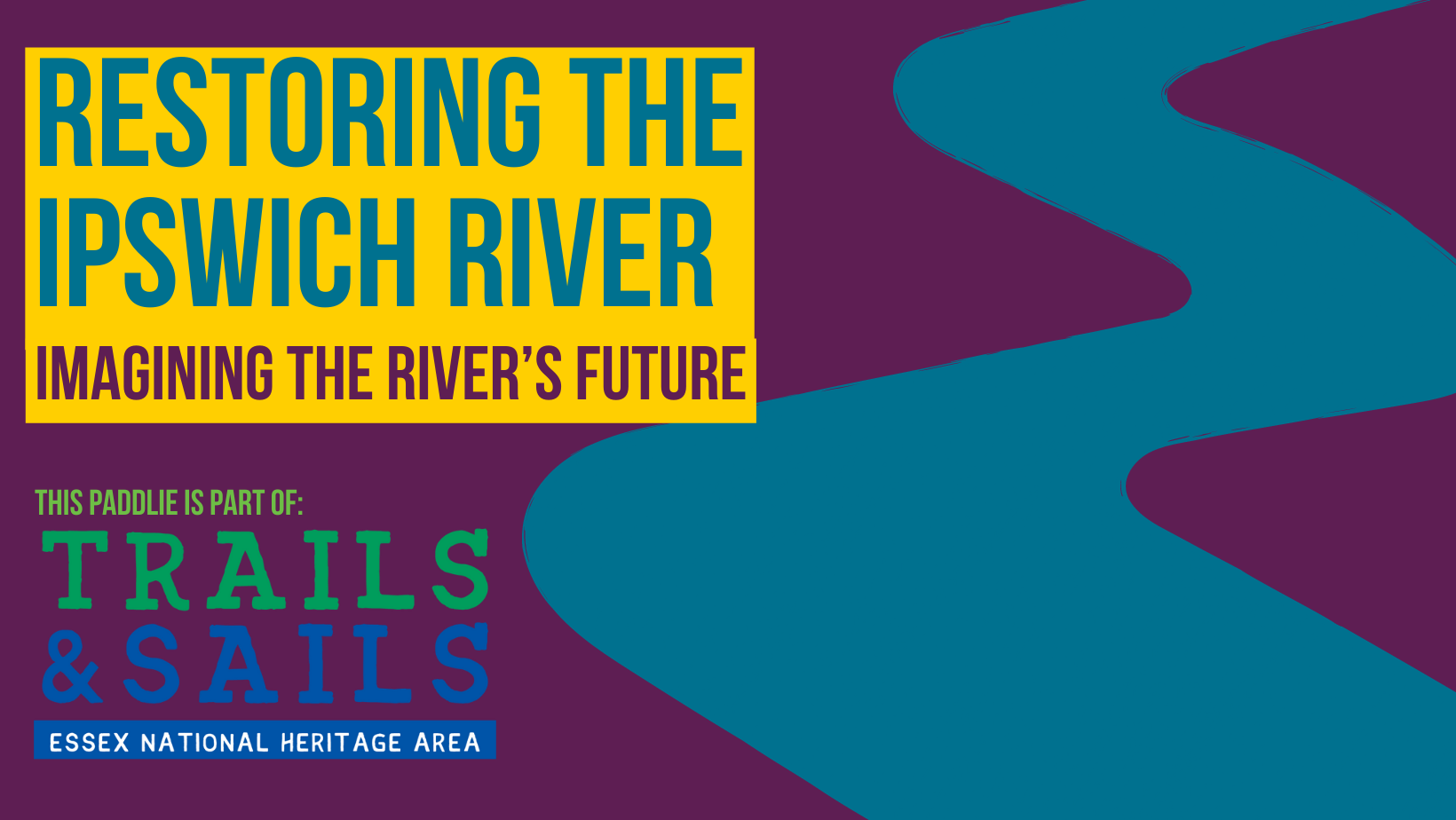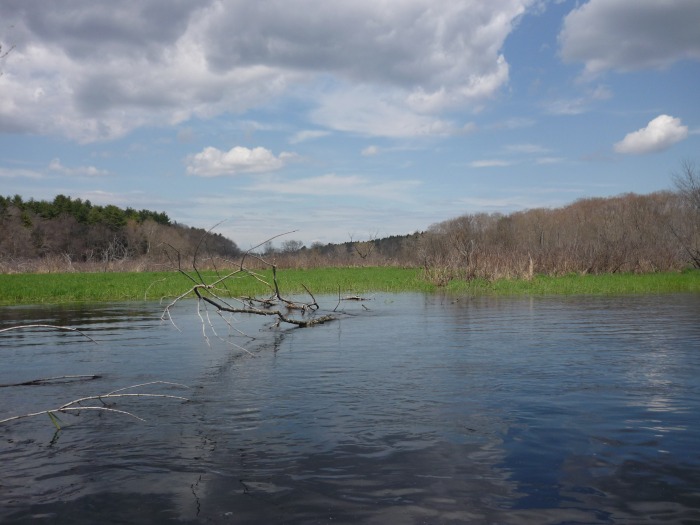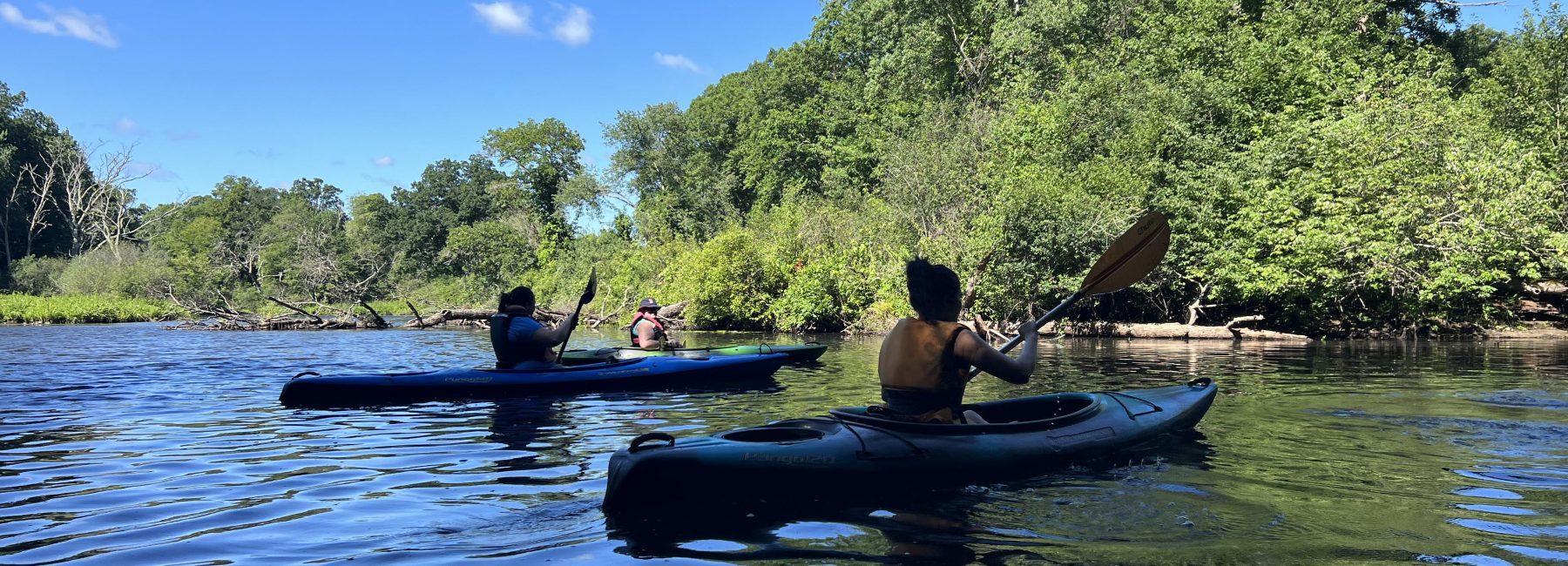Navigating the Ipswich River: A Journey Through History, Ecology, and Recreation
Related Articles: Navigating the Ipswich River: A Journey Through History, Ecology, and Recreation
Introduction
With great pleasure, we will explore the intriguing topic related to Navigating the Ipswich River: A Journey Through History, Ecology, and Recreation. Let’s weave interesting information and offer fresh perspectives to the readers.
Table of Content
Navigating the Ipswich River: A Journey Through History, Ecology, and Recreation

The Ipswich River, a vital artery winding through the heart of northeastern Massachusetts, offers a captivating glimpse into the region’s rich history, diverse ecology, and vibrant recreational opportunities. Understanding the Ipswich River’s geography and its multifaceted significance requires a comprehensive exploration of its physical characteristics, historical context, environmental importance, and recreational value.
A River’s Journey: Mapping the Ipswich River’s Course
The Ipswich River originates in the pristine forests of the Middlesex Fells Reservation, a sprawling parkland north of Boston. From its source, the river flows southward for approximately 28 miles, meandering through the towns of Middleton, Topsfield, Boxford, Rowley, Ipswich, and Hamilton, before finally reaching the Atlantic Ocean in the town of Ipswich.
A Map Unveils the River’s Tale
A map of the Ipswich River is not merely a static representation of its course; it is a living testament to the river’s dynamic interplay with the surrounding landscape. The map reveals the river’s tributaries, its winding path through diverse ecosystems, and the human settlements that have sprung up along its banks.
Historical Significance: Echoes of the Past
The Ipswich River has played a pivotal role in the history of the region. Its fertile banks provided sustenance for Native American tribes who inhabited the area for centuries. The arrival of European settlers in the 17th century further solidified the river’s importance, as it fueled mills, facilitated transportation, and supported the burgeoning agricultural industry.
Environmental Importance: A Lifeline for Biodiversity
The Ipswich River is not merely a historical relic; it is a vibrant ecosystem teeming with life. Its diverse habitats, ranging from forested wetlands to tidal marshes, support a wide array of flora and fauna. The river provides critical breeding grounds for numerous fish species, including American shad, alewife, and Atlantic salmon, and serves as a vital corridor for migratory birds.
Recreational Opportunities: A River for All Seasons
The Ipswich River offers a multitude of recreational opportunities for residents and visitors alike. Its scenic beauty attracts hikers, kayakers, and anglers, while its tranquil waters provide a haven for paddlers seeking a peaceful escape. The river’s banks offer scenic walking trails and picnic areas, making it an ideal destination for families and nature enthusiasts.
Exploring the River’s Depths: A Closer Look at its Features
- Tributaries: The Ipswich River is fed by numerous tributaries, including the Little River, the Salmon Brook, and the Ipswich River Branch. These tributaries contribute to the river’s overall water flow and add to its ecological diversity.
- Wetlands: The river’s floodplain is home to extensive wetlands, which play a crucial role in filtering pollutants, regulating water flow, and providing habitat for wildlife.
- Tidal Marsh: The river’s mouth opens into a tidal marsh, a unique ecosystem that transitions between land and sea, supporting a diverse array of plant and animal life.
Preservation Efforts: Safeguarding the River’s Legacy
Recognizing the Ipswich River’s immense ecological and cultural significance, various organizations and agencies are actively working to preserve its health and beauty. These efforts include habitat restoration projects, water quality monitoring programs, and public education initiatives.
FAQs: Understanding the Ipswich River
Q: What are the primary sources of pollution affecting the Ipswich River?
A: The Ipswich River faces pollution threats from various sources, including agricultural runoff, stormwater runoff, and wastewater treatment plant discharges.
Q: How does climate change impact the Ipswich River?
A: Climate change is expected to exacerbate existing water quality issues, increase the frequency and severity of floods, and alter the river’s flow patterns.
Q: What are the key challenges facing the Ipswich River’s conservation?
A: The Ipswich River faces challenges such as habitat fragmentation, invasive species, and the increasing demand for water resources.
Tips for Enjoying the Ipswich River
- Respect the river’s environment: Avoid littering, stay on designated trails, and be mindful of wildlife.
- Be aware of water safety: Always wear appropriate safety gear and be aware of potential hazards.
- Support conservation efforts: Volunteer with local organizations dedicated to protecting the river.
Conclusion: A River for Generations to Come
The Ipswich River is a testament to the interconnectedness of nature, history, and human activity. Its waters reflect the past, support the present, and hold promise for the future. By understanding and appreciating its significance, we can ensure that this precious resource continues to flow for generations to come.








Closure
Thus, we hope this article has provided valuable insights into Navigating the Ipswich River: A Journey Through History, Ecology, and Recreation. We appreciate your attention to our article. See you in our next article!
